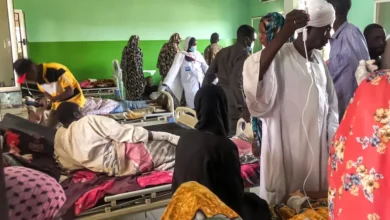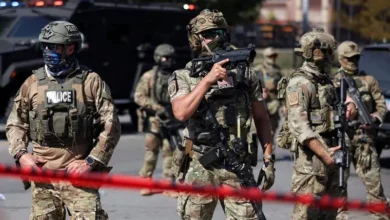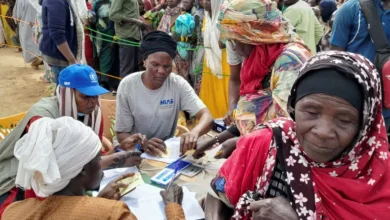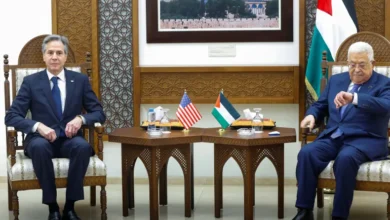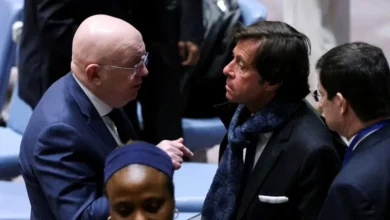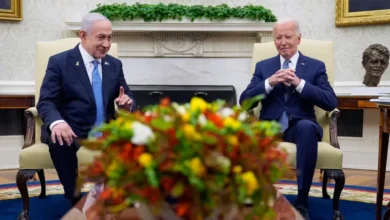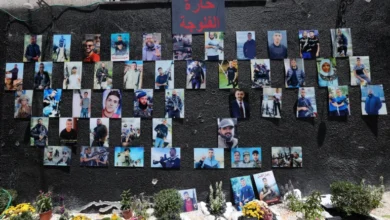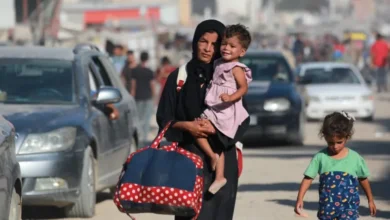ChatGPT therapy: The Lebanese turning to AI for mental health support
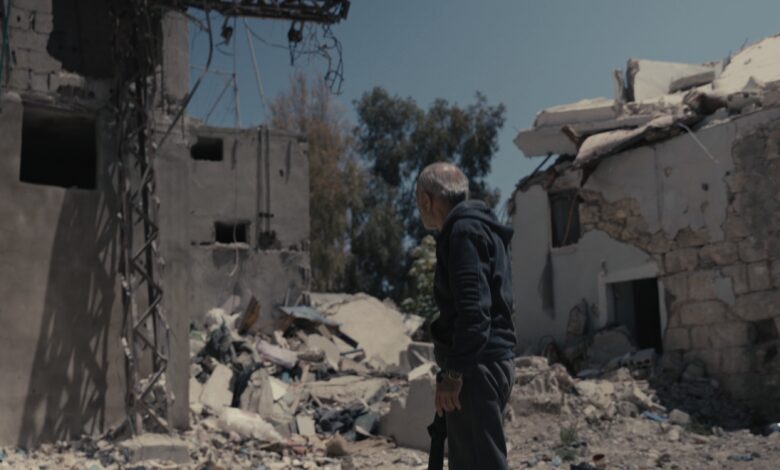
By the time Zainab Dhaher and her family fled their southern Lebanese village last September, Israeli shelling had become relentless. They packed what they could and drove 13 hours to Beirut, only to find themselves once again within range of Israeli bombardment. The cycle of displacement repeated.
“We left in a rush. I didn’t have time to pack clothes for my children,” the 34-year-old mother of two recalls, her voice cracking during a phone interview. “We moved from place to place, and no one helped us. No food, no blankets, nothing.”
Months after a United States-brokered ceasefire took effect in November, the fear still lingers. Israeli strikes on Lebanese territory have continued despite the truce, repeatedly raising fears of renewed conflict, while Israel remains in control of strategic parts of Lebanon’s south.
Meanwhile, roughly 90,000 Lebanese people are unable to return home because of continued devastation of their villages, and Israel’s continued presence in some of them. Israeli rockets also continue to strike Hezbollah targets, while the group refuses to drop its arms – a key Israeli demand.
But for Zainab, a 34-year-old mother of two, the psychological wounds from the devastating war have proven deeper and more persistent than any physical destruction.
“The sound of drones terrifies me. I cry when I hear Ahmad Kaabour’s song ‘Ya Rayeh Sawb Bladi’ [Oh, you who is going to my land] because it reminds me of what we’ve lost.” Despite the ceasefire, Zainab says she can’t sleep. “I’m constantly afraid something will happen to my children. I don’t think this pain will ever go away.”Months after a United States-brokered ceasefire took effect in November, the fear still lingers. Israeli strikes on Lebanese territory have continued despite the truce, repeatedly raising fears of renewed conflict, while Israel remains in control of strategic parts of Lebanon’s south.
Meanwhile, roughly 90,000 Lebanese people are unable to return home because of continued devastation of their villages, and Israel’s continued presence in some of them. Israeli rockets also continue to strike Hezbollah targets, while the group refuses to drop its arms – a key Israeli demand.
But for Zainab, a 34-year-old mother of two, the psychological wounds from the devastating war have proven deeper and more persistent than any physical destruction.
“The sound of drones terrifies me. I cry when I hear Ahmad Kaabour’s song ‘Ya Rayeh Sawb Bladi’ [Oh, you who is going to my land] because it reminds me of what we’ve lost.” Despite the ceasefire, Zainab says she can’t sleep. “I’m constantly afraid something will happen to my children. I don’t think this pain will ever go away.”A nation in psychological ruin
Lebanon has endured a near-constant barrage of crises for years: the 2019 financial collapse that wiped out people’s life savings, the devastating Beirut port explosion in 2020, a collapsing public health system, and the Israeli military’s latest offensive in the south, which killed almost 4,000 people and displaced tens of thousands. Amid this chaos, the psychological toll on the population is becoming harder to ignore.Mental health professionals warn of a dramatic rise in anxiety, depression, PTSD, and psychosomatic symptoms across the country, especially among those living near the southern border, journalists covering the violence, and humanitarian workers on the ground. But in a country where therapy sessions cost between $40 and $100 – more than many can afford – mental health support remains a luxury.
“There is no national strategy for psychological recovery,” says Dr Randa Baraja, a clinical psychologist at CPRM Clinic in Beirut. “We’re seeing a resurgence of trauma not just from the recent war, but from Lebanon’s entire history of violence – civil war, political assassinations, and successive economic collapse. The trauma is collective, and it spans generations.”At first, ChatGPT seemed like an outlet. But the more she relied on it, the more frustrated she became. “Its responses felt hollow. I was getting angrier after every conversation. It felt like shouting into a void.”
